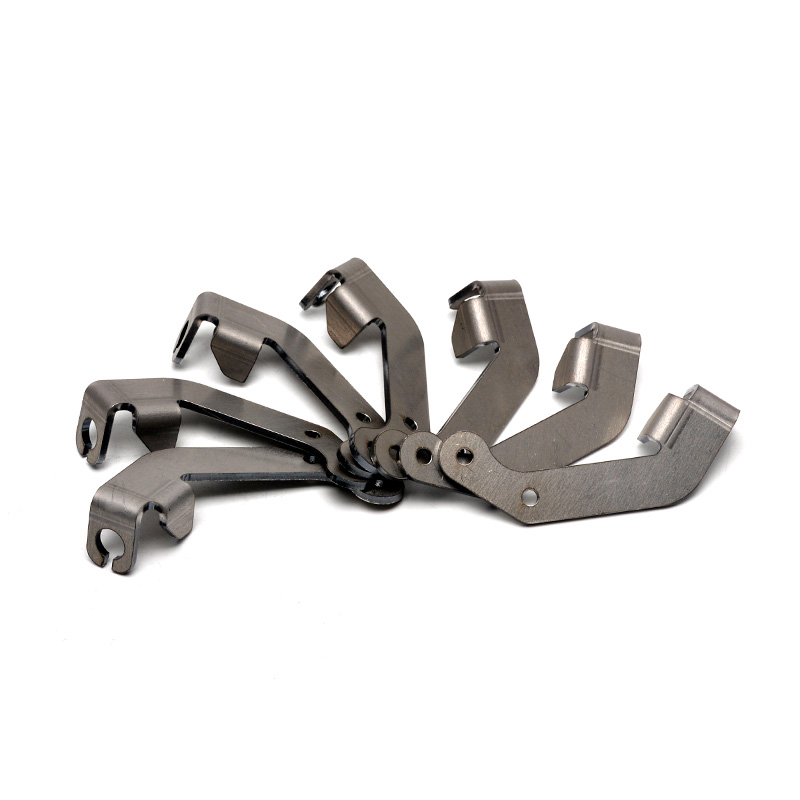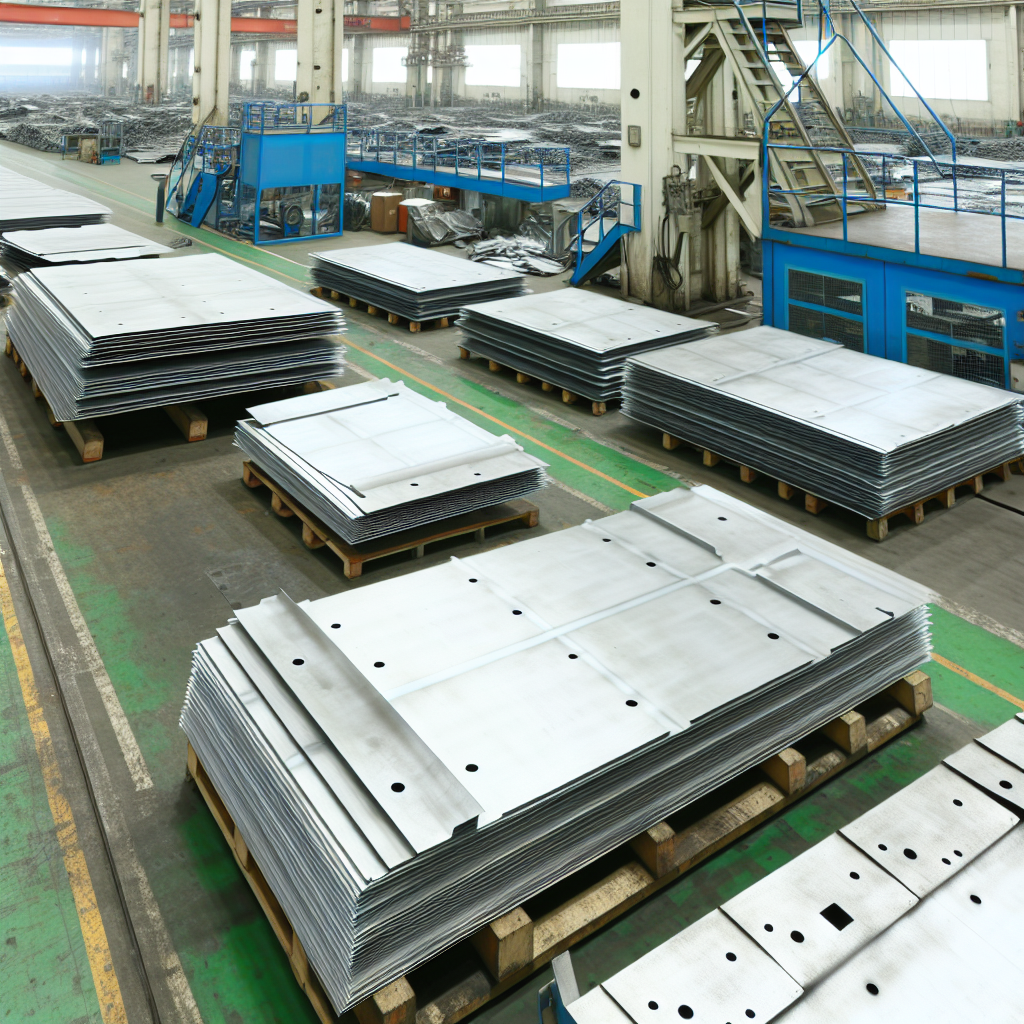Sheet metal fabrication is a crucial process in the manufacturing industry, with applications in a wide range of fields, from construction to automotive. Understanding the ins and outs of sheet metal fabrication services is essential for anyone looking to bring their projects to life efficiently and effectively.

Sheet metal fabrication is the process of transforming flat sheets of metal into finished products through cutting, bending, and assembling. This versatile manufacturing method allows for the creation of complex shapes and structures with high precision.

There are various types of sheet metal materials available for fabrication, including steel, aluminum, brass, and copper. Each type of material has its unique properties, such as strength, corrosion resistance, and conductivity, making them suitable for different applications.
Steel is a popular choice for its strength and durability, while aluminum is known for its lightweight properties and corrosion resistance. Brass and copper are valued for their electrical conductivity, making them ideal for applications in the electronics industry.
The advantages of using sheet metal fabrication services are numerous. From cost-effectiveness to fast production times, sheet metal fabrication offers a range of benefits for projects of all sizes. Additionally, the versatility of sheet metal allows for the creation of custom designs and precision components.
Some popular sheet metal fabrication techniques include laser cutting, bending, welding, and punching. Laser cutting is a precise method for cutting intricate patterns in sheet metal, while bending allows for the creation of complex shapes. Welding and punching are essential steps in joining and forming sheet metal components.
Sheet metal fabrication requires a variety of tools and equipment, including shears, press brakes, welding machines, and CNC machines. Each tool plays a critical role in the fabrication process, from cutting and bending to welding and finishing. Using the right tools for the job is essential for achieving high-quality results.
Quality control is vital in sheet metal fabrication to ensure that the final product meets industry standards and customer requirements. Through rigorous inspection and testing processes, fabricators can identify and rectify any defects or imperfections before the product is delivered to the customer.
When selecting a sheet metal fabrication service provider, it’s essential to consider factors such as experience, expertise, and capabilities. By choosing a reputable partner with a track record of delivering quality products, you can ensure the success of your project from start to finish.
The cost of sheet metal fabrication is influenced by factors such as material costs, labor costs, and overhead expenses. By optimizing processes and choosing cost-effective materials, you can minimize costs without sacrificing quality. Working closely with your fabrication partner to identify cost-saving opportunities can help you achieve your project goals within budget.
In conclusion, sheet metal fabrication is a critical process that offers endless possibilities for creative design and precise manufacturing. By understanding the ins and outs of sheet metal fabrication services, you can unlock the full potential of this versatile manufacturing method for your projects. Explore the world of sheet metal fabrication and bring your ideas to life with precision and quality.